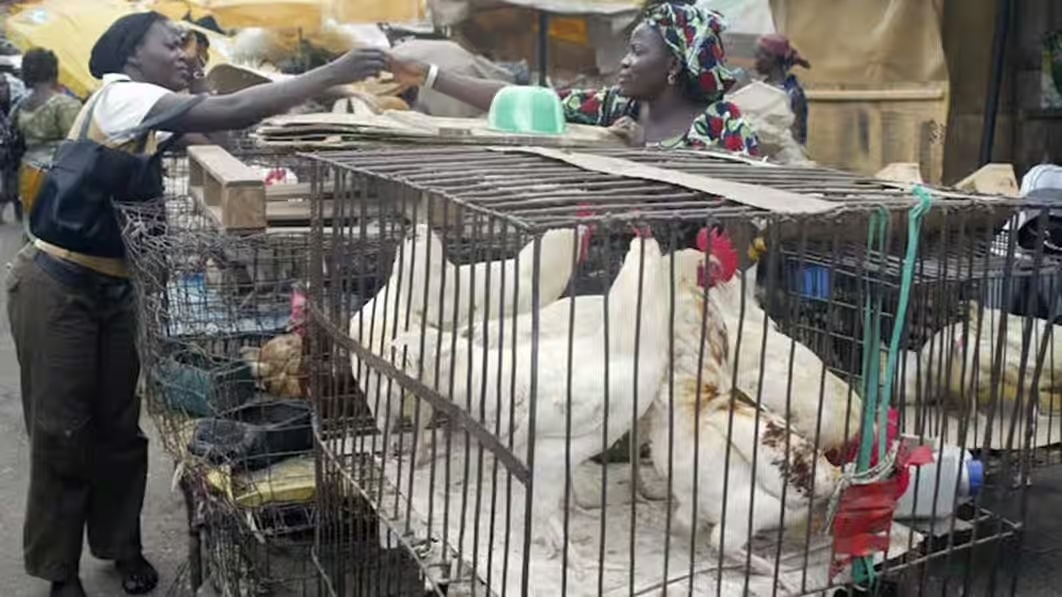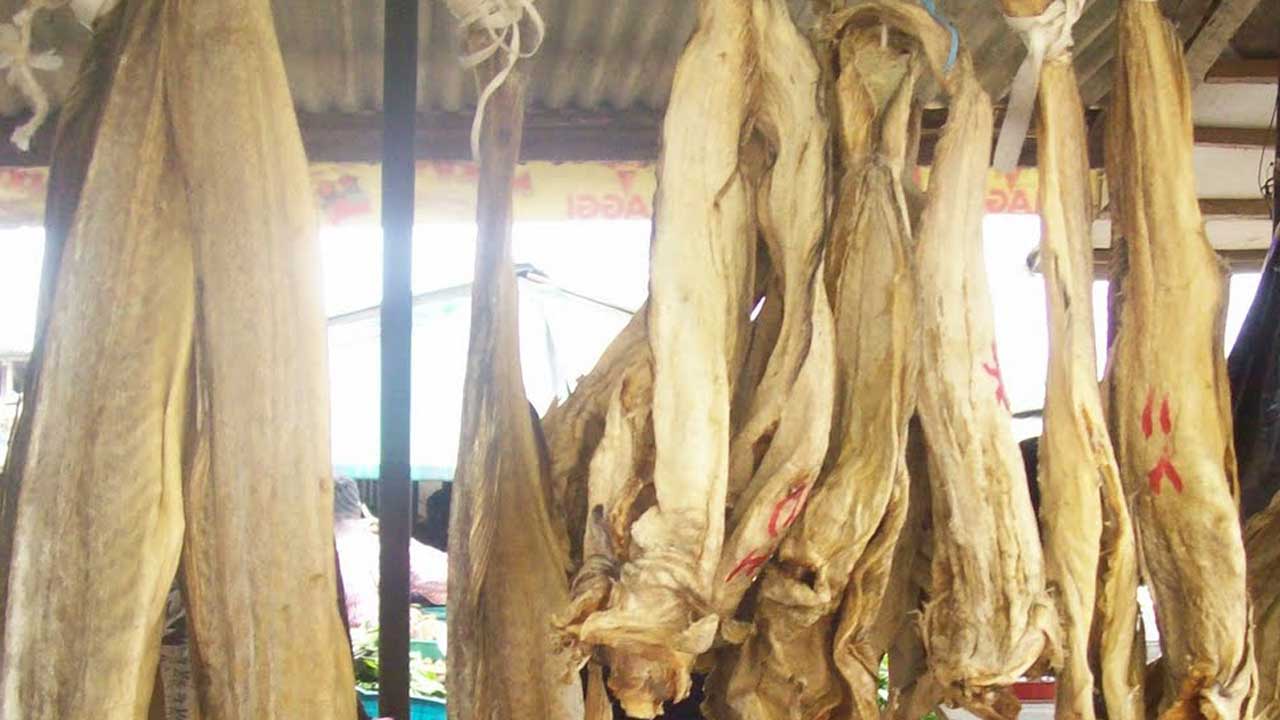• Seek Focus On Local Food Consumption
Underdevelopment ravaging the continent of Africa can be dismantled with the adoption of the Chinese model of Import Substitution Industrialisation (ISI). The model preaches the gospel of African consume what they produce.
This was the position of participants at a webinar on China/African Relationship, with the theme: “China/Africa Relations, The Myth, Lies And The Truth,” which interrogated the relationship between African countries and China.
The Head of Department, Mass Communication, Crescent University, Abeokuta, Ogun State, Dr. Kola Adesina, said the country started with getting food production under their control by doing away with imported goods, and then took a bold step to make use of simpler technology to replace those items on their import substitution list.
“Innovation or technology cannot be just for its sake; Africa today is where China was 40 years ago… That is how you determine development at a micro level, that is how to gain from that aspect one by one. After you get a good score for yourselves in food production, then you now begin to look at how to add value to Agriculture and then move from an agrarian economy first of all to what I call import substitution approach and then to underdeveloped and later to developed economy.
The Acting Director, Research and Training, Nigeria Institute of International Affairs (NIIA), Victoria Island, Lagos, Dr. Efem Ubi, said Africa has a leverage, whether to the Chinese or any other country, especially with the huge and untapped natural resources. “Indeed, Africa has the market and that is why everyone is struggling to come to Africa. Then, Africa has the human resources. Africa is the next frontier. Africans must make big efforts to develop the continent. Development must start from within. China can only help us to lay the foundation for development. We must learn from the Chinese experience of development.”
Director, Centre for China Studies (CCS) of Nigeria, Dr. Onunaiju Charles Okechukwu, pointed out that the China-Africa relations has history and the relationship has been practical and mutually engaging.
According to him, China’s engagement in Africa is not an incursion, but a deliberate engagement of two people who have shared aspirations, shared the same history and building a community of shared future for humanity and then key partners in the construction of common humanity for all of us.
“The China- Africa relation has been based on mutual partnership that is constructed on the basis of mutual interest on both sides, and it is advancing.”
A retired Diplomat and former Nigerian Ambassador to Brazil, Ambassador Vincent Okodion, said: “China has become Africa’s leading partner in business and the country has committed huge investments into construction projects across Africa, but there is intense conspiracy going on with the spreading of misinformation to destroy the relationship between China and African countries. The disinformation plan is meant to destroy the relationship between China and African countries.”
Princess Judge Kaunda from Zambia said having the Chinese in Africa is not a bad thing, but for any relationship, there are supposed to be terms and conditions. “There must be agreement, mutual understanding about how this relationship is going to be; how it is going to take shape.”
The Chief Executive Officer, Institute of Economic Affairs (IEA-Kenya), a public policy think tank based in Nairobi, Kwame Owino, also concurred that “Africa has an advantage on the demographic side and we also have an advantage on the human resources side. Africa doesn’t need to convince anybody else, but its citizens that our relationship with China or anybody else is useful. And, I think we’ve done a bad job so far about that. So, the big comparative advantage is here. We need to provide information on the risk and have a better negotiating power.”






